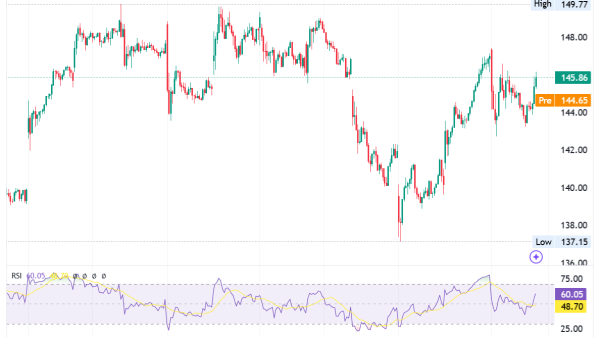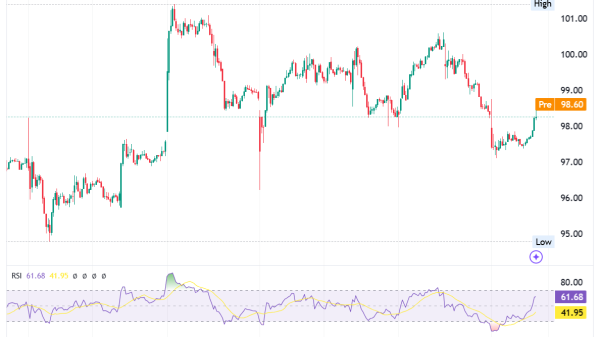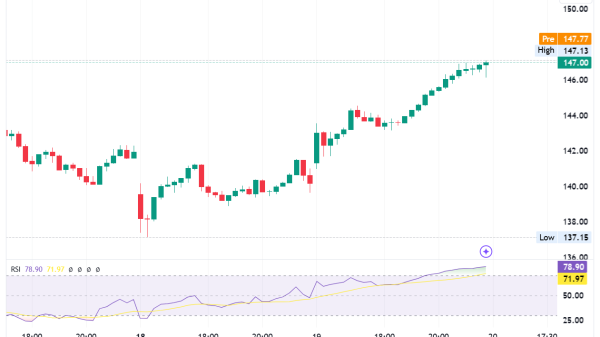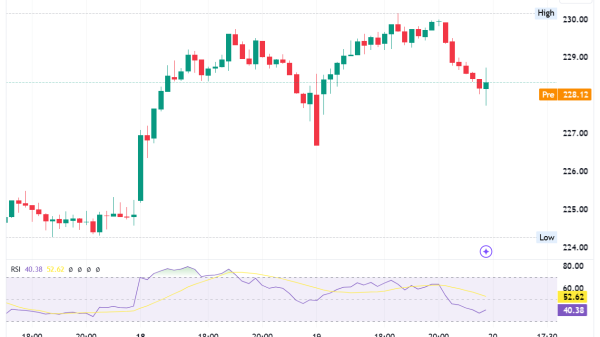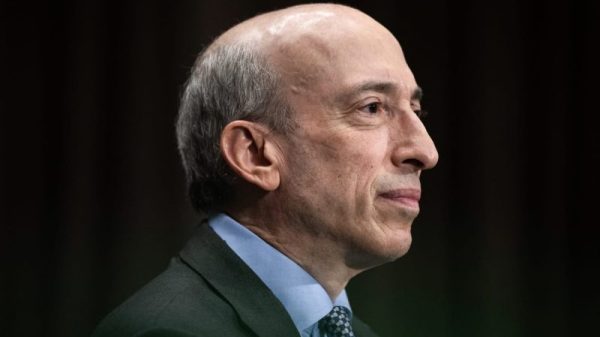Investing.com — Market exuberance has often led to dramatic corrections when valuations reached unsustainable highs.
Analysts at Deutsche Bank (ETR:DBKGn) Research have identified three major episodes—each characterized by sky-high market valuations—that ended in substantial downturns: the late 1990s dot-com bubble, the pre-global financial crisis of 2007, and the speculative surge in 2021.
These periods demonstrate how elevated starting points leave little room for further gains, often paving the way for corrections.
The late 1990s saw a meteoric rise in equities, particularly in the technology sector. From 1995 to 2000, the S&P 500 more than tripled, driven by a fervent belief in the transformative power of the internet.
This rally, however, was concentrated in a narrow band of tech stocks, mirroring a pattern observed in today’s market. By the time the bubble burst, the S&P 500 suffered three consecutive years of losses from 2000 to 2002—the first such streak since World War II.
At its peak, market valuations, measured by metrics like the cyclically adjusted price-to-earnings ratio, were at levels seen only twice more in the following decades. The bubble exemplified how markets can persist in irrational optimism until a catalyst, such as an economic slowdown or rising interest rates, triggers a reversal.
Leading up to the global financial crisis in 2007, markets appeared calm, with the S&P 500 hitting new highs and volatility reaching historic lows. Credit spreads were tight, and optimism was fueled by a long period of economic stability, referred to by many as the “Great Moderation.”
Yet, this calm sowed the seeds of complacency. As economist Hyman Minsky noted, extended stability often leads to destabilizing risk-taking. The collapse, which began with cracks in the subprime mortgage market, was exacerbated by interconnected global financial systems.
Despite early warnings, including liquidity freezes at major financial institutions, markets did not peak until late 2007. The ensuing crisis wiped out trillions in wealth and reshaped the global financial landscape.
The Covid-19 pandemic sparked a sharp economic contraction in 2020, but unprecedented monetary and fiscal stimulus spurred a remarkable rebound. By late 2021, asset valuations were soaring across equities, bonds, and cryptocurrencies. The S&P 500 recorded double-digit gains, and speculative assets like Bitcoin reached record highs. This exuberance was tempered in November 2021, when the Federal Reserve acknowledged that inflation was not as transient as initially believed.
A pivot to aggressive rate hikes in 2022 marked a turning point, leading to a widespread selloff across markets. The S&P 500 declined by over 25% between its January 2022 peak and October lows, while Treasury yields saw their steepest annual rise since the 18th century.
















